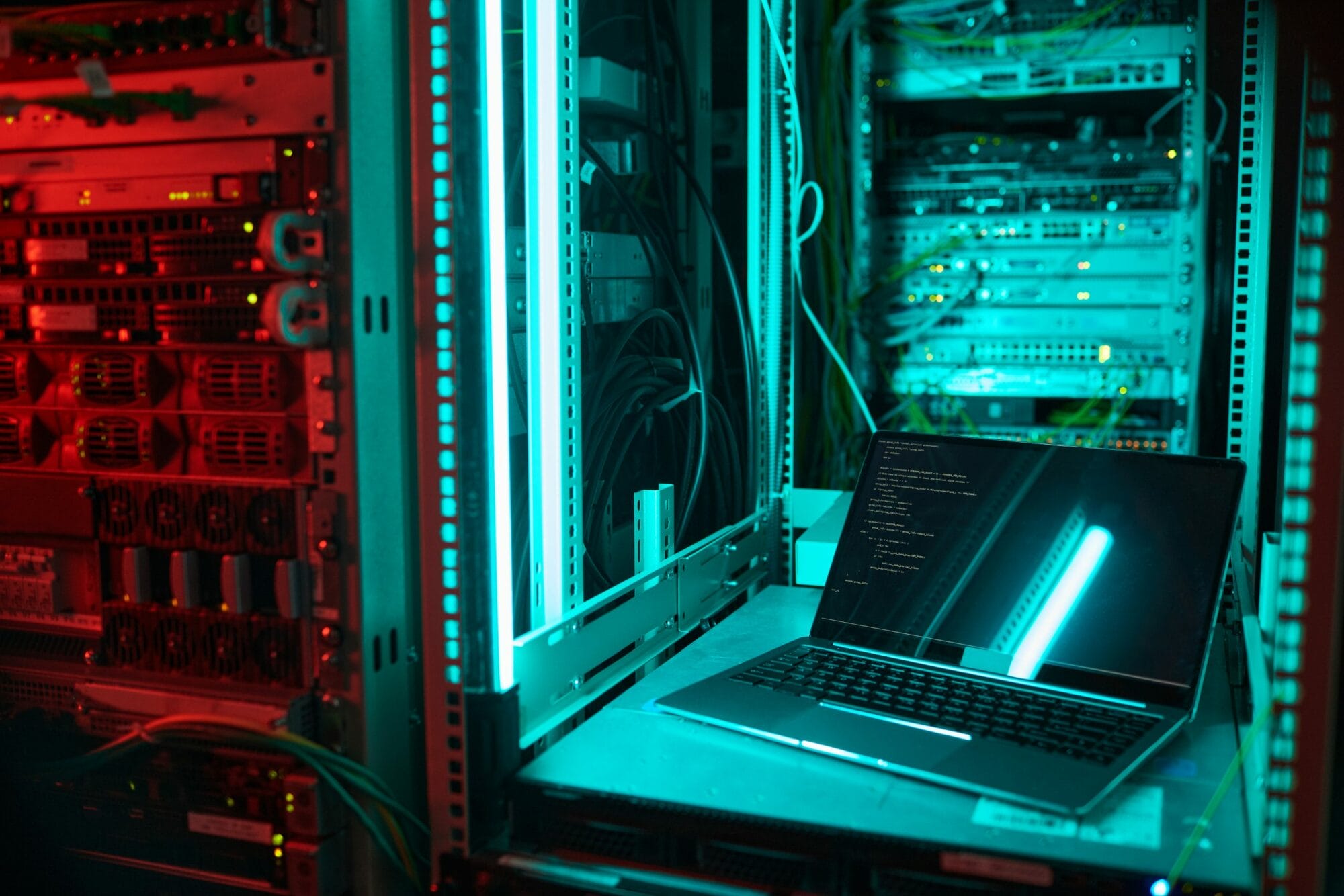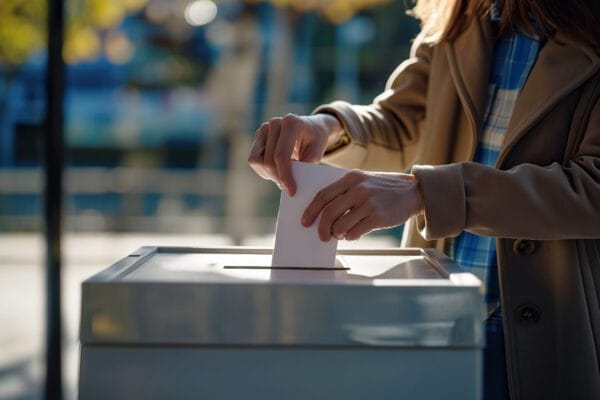By Bisnow
As the data center industry navigates a power crisis, the stark change in federal energy policy expected under President-elect Donald Trump could have a dramatic impact on the industry’s development.
In the months leading up to the presidential election, data centers emerged as a campaign trail talking point and policy priority. In a race marked by vitriolic rhetoric and vast ideological divides, Trump and Vice President Kamala Harrisadvocated for the development of new data centers to support artificial intelligence and the expansion of the energy infrastructure needed to power them.
It was a rare point of consensus between the two camps, with both candidates framing accelerated data center development as a key element of national security and economic policy. Trump touted infrastructure policies designed to maintain “AI superiority,” while Harris promised to support AI infrastructure to ensure that “America, not China, wins the competition for the 21st century.”
While there may be alignment between the outgoing Biden-Harris White House and the incoming Trump administration on the importance of building more AI data centers, there are vast differences in how the two administrations want to reach that goal. The divide is particularly stark on ramping up power production and shoring up overwhelmed transmission infrastructure required to keep building data centers fast enough to keep pace with unprecedented demand.
Since the success of ChatGPT kicked off Big Tech’s AI data center arms race in late 2022, the Biden administration has sought to balance the expansion of power generation and transmission infrastructure to support the unexpected surge in electricity demand with its competing priority of transitioning U.S. energy production away from fossil fuels and toward renewable energy. It has leaned heavily into nuclear power as a short-term answer to the increasingly acute power pinch.
Trump intends to take a very different approach.








